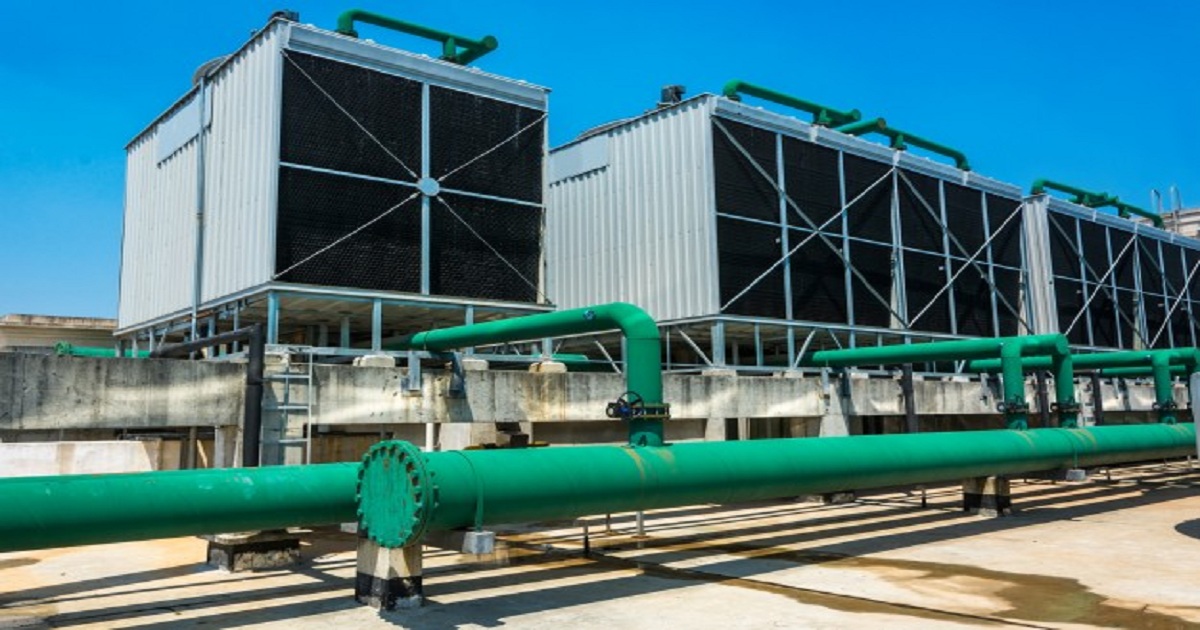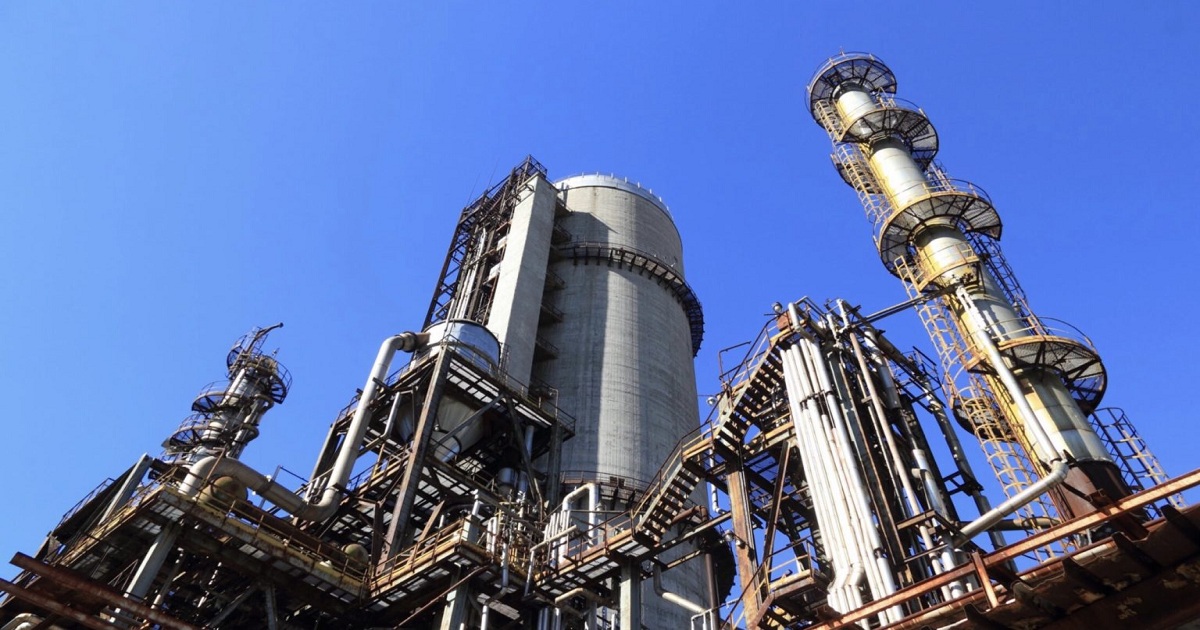_Aquisation.jpg)
Chemical Technology
ARKEMA | May 25, 2021
With the planned acquisition of Agiplast, a leader in the regeneration of high-performance polymers, especially specialty polyamides, and fluoropolymers, Arkema is going to be ready to offer a full service to customers in terms of materials circularity, addressing growing market expectations during this field. This project, which contributes to the sustainable development of the polymer industry, is perfectly in line with Arkema’s sustainable growth strategy.
Arkema plans to accumulate Agiplast, a company specialized in the regeneration of high-performance polymers, and its historical partner in recycling operations. the company, with annual sales of around €15 million, operates a plant in Italy and has 32 employees. Agiplast’s strong know-how in mechanical recycling technologies will enable Arkema to supply top-quality recycled polymers to its customers.
In October 2019, Arkema, the world leader in bio-based high-performance polymers, had already launched Virtucycle®, an ambitious program with Agiplast aimed toward developing loops for the gathering and regeneration of high-performance polymers while minimizing CO2 emissions.
With this acquisition, Arkema is going to be the primary fully integrated high-performance polymer manufacturer offering both bio-based and recycled materials to deal with the challenges of resource scarcity and end-of-life products. This bolt-on acquisition is thus in line with Arkema’s CSR and sustainable growth strategy, and especially the transition to a circular economy.
The deal is expected to close in June 2021.
About ARKEMA
Building on its unique set of experience in materials science, Arkema offers a portfolio of first-class technologies to address the ever-growing demand for new and sustainable materials. With the ambition to become 2024 a pure player in Specialty Materials, the Group is structured into 3 complementary, resilient, and highly innovative segments dedicated to Specialty Materials -Adhesive solutions, Advanced Materials, and Coating Solutions- accounting for a few 82% of Group sales, and a well-positioned and competitive Intermediates segments. Arkema offers cutting-edge technological solutions to satisfy the challenges of, among other things, new energies, access to water, recycling, urbanization, and mobility and fosters a permanent dialogue with all its stakeholders. The Group reported sales of around €8 billion in 2020 and operates in some 55 countries with 20,600 employees worldwide
Read More

Chemical Management
Huntsman | January 20, 2021
Huntsman Corporation (NYSE: HUN) today announced it completed the acquisition of Gabriel Performance Products (Gabriel), a North American specialty chemical manufacturer of specialty additives and epoxy curing agents for the coatings, adhesives, sealants and composite end-markets, from Audax Private Equity.
Huntsman paid $250 million, subject to customary closing adjustments, in an all-cash transaction funded from available liquidity. Gabriel had 2019 revenues of approximately $106 million with three manufacturing facilities located in Ashtabula, Ohio, Harrison City, Pennsylvania and Rock Hill, South Carolina. Based on calendar year 2019, the purchase price represents an adjusted EBITDA multiple of approximately 11 times, or approximately 8 times pro forma for synergies.
Huntsman Corporation is a publicly traded global manufacturer and marketer of differentiated and specialty chemicals with 2019 revenues of approximately $7 billion. Our chemical products number in the thousands and are sold worldwide to manufacturers serving a broad and diverse range of consumer and industrial end markets. We operate more than 70 manufacturing, R&D and operations facilities in approximately 30 countries and employ approximately 9,000 associates within our four distinct business divisions.
Certain information in this release constitutes forward-looking statements within the meaning of Section 27A of the Securities Act of 1933 and Section 21E of the Securities Exchange Act of 1934. These statements are based on management's current beliefs and expectations. The forward-looking statements in this release are subject to uncertainty and changes in circumstances and involve risks and uncertainties that may affect the company's operations, markets, products, services, prices and other factors as discussed under the caption "Risk Factors" in the Huntsman companies' filings with the U.S. Securities and Exchange Commission. Significant risks and uncertainties may relate to, but are not limited to, volatile global economic conditions, cyclical and volatile product markets, disruptions in production at manufacturing facilities, reorganization or restructuring of Huntsman's operations, including any delay of, or other negative developments affecting the ability to implement cost reductions, timing of proposed transactions, and manufacturing optimization improvements in Huntsman businesses and realize anticipated cost savings, ability to achieve projected synergies, and other financial, economic, competitive, environmental, political, legal, regulatory and technological factors. The company assumes no obligation to provide revisions to any forward-looking statements should circumstances change, except as otherwise required by applicable laws.
Read More

Raw Materials
Conservation Groups | January 18, 2021
Two conservation groups have launched a lawsuit to fight the EPA’s “failure to require adequate pollution controls for the oil and methane gas industry” in Chicago and areas of California. The Center for Biological Diversity and the Center for Environmental Health point out that two Canadian provinces require that the oil and methane gas industry install zero emission pneumatic controllers. “There is no reason the EPA cannot adopt this readily available technology,” says Kaya Sugerman with the Center for Environmental Health.
The EPA’s guidelines for oil and methane gas production recommend pneumatic controllers that emit volatile organic compounds, when pneumatic controllers that do not emit any of these compounds are in widespread use at production sites and compressor stations in both the US and Canada, the groups argue.
“Taking action to increase the use of zero emission controllers has a co-benefit of reducing methane, a dangerous greenhouse gas that is 87 times more damaging for climate change than carbon dioxide,” the groups say. They point out that, according to the EPA’s Greenhouse Gas Inventory, pneumatic controllers are the largest source of methane from the oil industry and the second-largest source of methane from the methane gas industry.
Read More